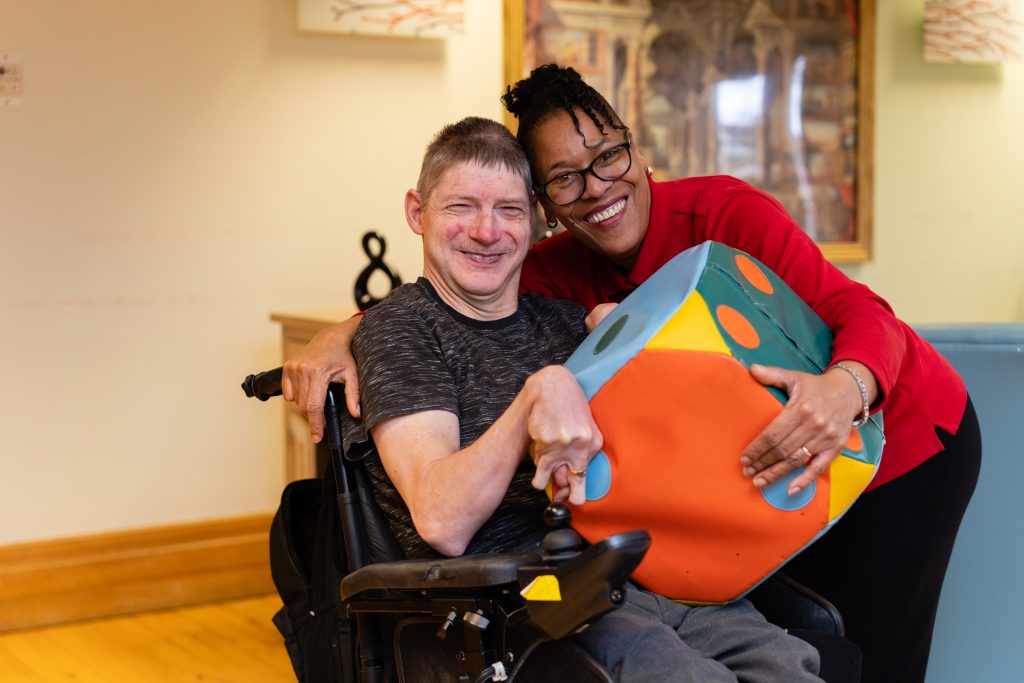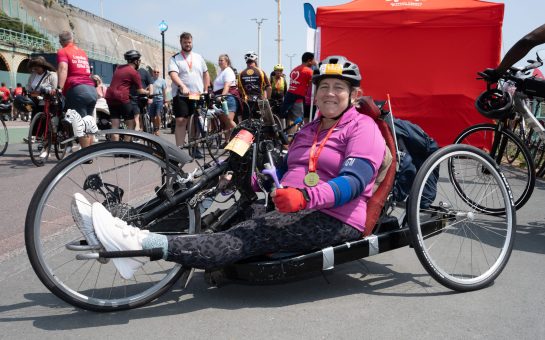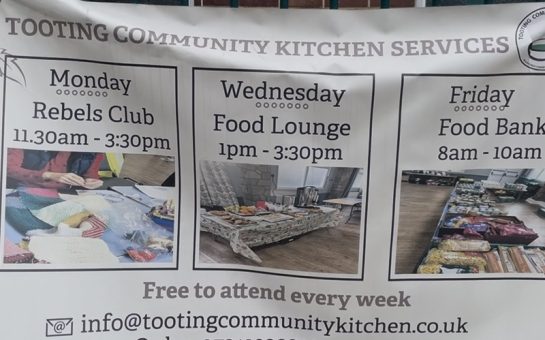To mark UK Disability History Month (18 November – 20 December) Streatham-based charity, British Home, is raising awareness and funds to further help those with neuro-disabilities.
Disability History Month is supported by a wide range of disability groups, unions and voluntary organisations, and aims to promote disabled people’s rights and their struggle for equality now and in the past.
One in six people are affected by neuro-disability in Britain.
To help those affected, British Home, established in 1892, provides rehabilitation, residential care, therapy and support.
Jon Smalldon, head of communications and fundraising said: “We need to raise awareness that people with neuro-disability shouldn’t be left behind.
“There aren’t enough people speaking up on their behalf.”
Despite delays caused by COVID-19, 2021 saw the launch of British Home’s major fundraising and awareness campaigns such as National Neuro-disabilities Day and the Ice Cube Challenge.
The capital campaign aims to raise awareness and funds for British Home with an ambitious target of £500,000 by 2023.
The funding will be used for a number of developments to its historic facility in South London, including a new High-Dependency Unit for people with more complex conditions.

Paul Perkin, CEO of British Home, said: “Over the past 150 years, our mission has stayed the same – to provide hope, rehabilitation and care to people with neuro-disability and their families.”
Perkin explained: “British Home has continued to adapt to the changing world, which means the Home has remained a centre of innovation and hope for all who rely on our services.
“All funding secured will help us continue our great work, to recruit the best people and to advance our offering for many years to come.”
British Home aims to raise awareness for people in the community who could benefit from the charity’s services and also encourage those with neuro-disability to be more integrated into wider services.
British Home highlights the important role volunteers can play in helping residents in their day-to-day life.
Smalldon, 44 , explained the care residents require on a day to day basis has to be provided by medical professionals. Alongside this, residents take part in therapy and activities, often run by volunteers, which support reablement, rehabilitation and improve quality of living.
Some volunteer-led activities include group singing sessions, assisted visits to Chapel services, art therapy and playing games of Dominoes.
One volunteer even brings a dog to residents’ rooms.
Jon said: “The volunteering that we have is so much about enriching people’s lives.
“People with neuro-disability are some of the most vulnerable in society.
“One of the things we say at British Home is we are about a lot of small steps.
“The volunteer aspect could be very small things but it makes a massive difference.”
British Home is also looking to increase local community engagement by partnering with nearby businesses in the hope that they can bring their service to the residential home.
During UK Disability History Month, British Home is at the forefront of raising awareness and funds for those in need.
If you would like to donate or get involved, visit: www.britishhome.org.uk/news/
Photo credit: British Home




